What do the Mona Lisa and Donald Trump's ass have in common?

It's called the Golden Spiral, and as luck would have it, flushing Trump's toilet is not the only way to see one.
Any toilet would work.
A golden spiral is a spiral that expands by a factor of phi (Φ) every quarter turn around the spiral it goes.
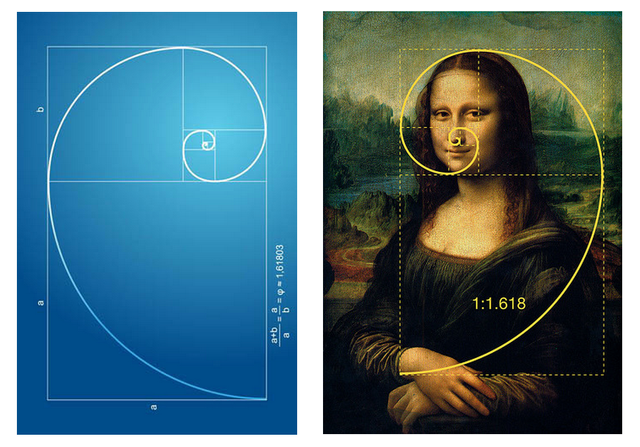
Phi is the number that describes the golden ratio: the factor that relates any two numbers whose ratio to each other is the same as the ratio of their sum to the big one. The golden spiral is the two-dimensional expression of this universal relation of things to each other.
This golden ratio and the golden spiral it describes are found everywhere in nature, art, and design. From nautilus shells to flowers, to pine cones, to the spiraling arms of the galaxy - the natural world is filled with the golden spiral.
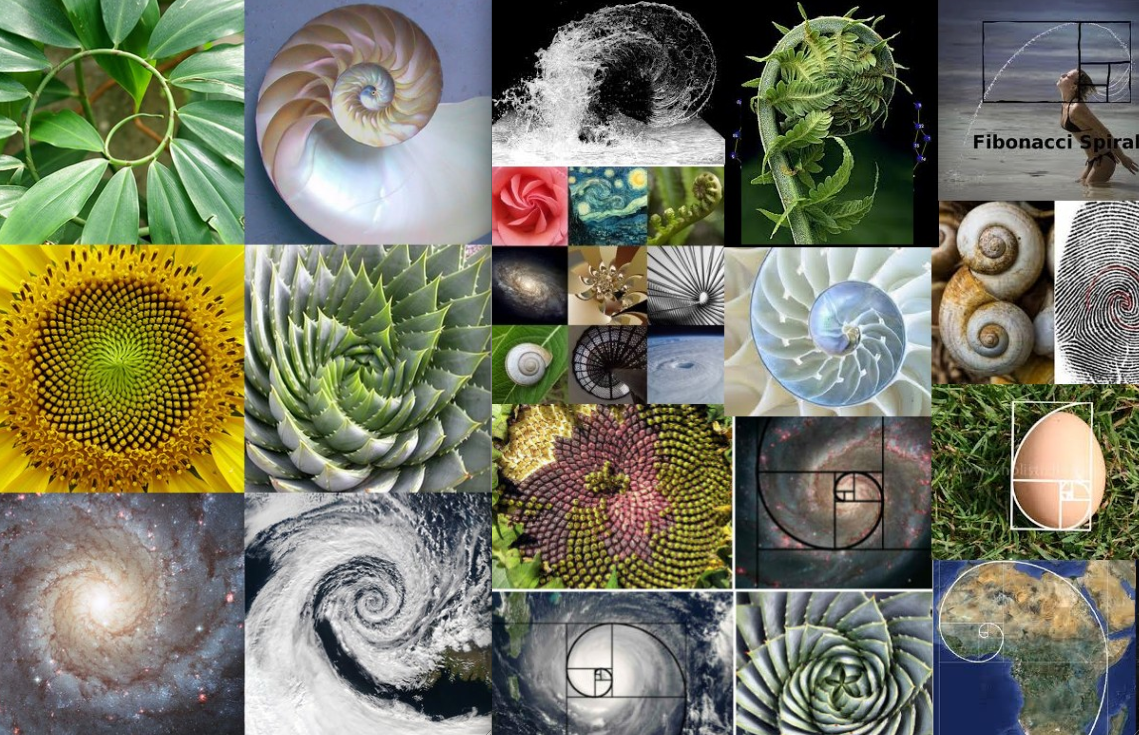
Some of the best examples of art and design are filled with the ratio too - everything from the Parthenon
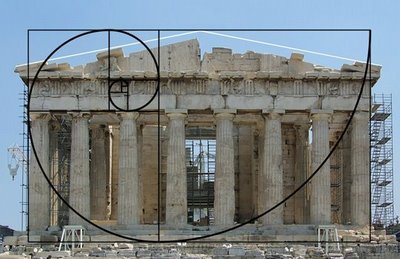
to the iPod.
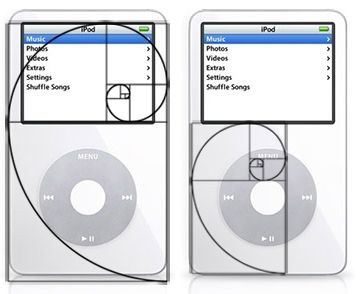
Many people say that the ratio within this spiral is hardwired into us, affecting our sense of beauty and natural proportion. If we take any Golden Spiral – Trump's ass, for example – and magnify it to YUGE proportions, we see the pattern repeating infinitely.
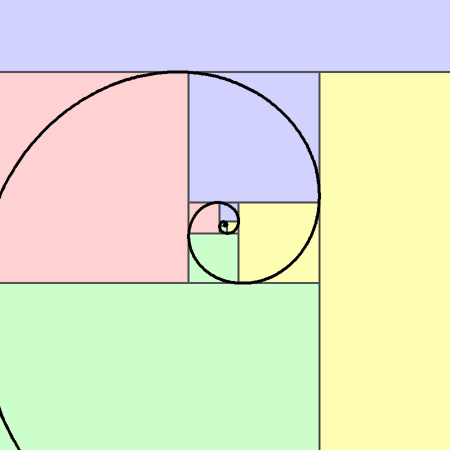
The relative size of the squares described by the Golden Spiral produces the Fibonacci sequence, a set of numbers in which each number in the set is equal to the sum of the two before it. As the integer set progresses, dividing each number by the one before it produces a closer and closer approximation of phi.
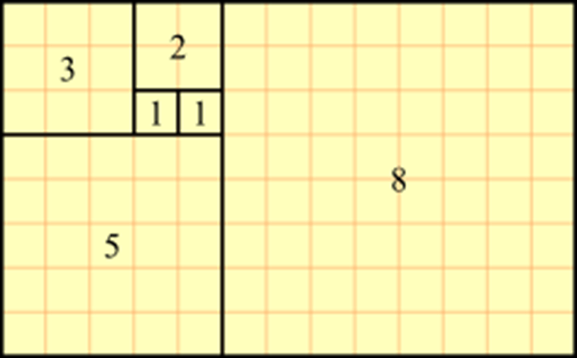
Even the margin of error in this approximation is shaped by phi:
| Iteration | Resulting Fib # | Ratio to previous # (estimates phi) | Difference from Phi |
|---|---|---|---|
| 1 | 1 | ||
| 2 | 1 | 1.000000000000000 | +0.618033988749895 |
| 3 | 2 | 2.000000000000000 | -0.381966011250105 |
Phi is an irrational number, meaning that as a decimal number its digits go on forever without repeating. It is usually approximated as 1.618 and its value is the basis for the Fib line levels used in technical analysis.
The first important Fib line is at 61.8% - this is not an arbitrary number! 61.8% is the same as 0.618, which is the value of the inverse of phi ( 1/Φ ). The inverse of phi squared (1/Φ^2) is our next important fib line level: 0.382, or 38.2%. The difference of these two numbers is often used to produce a third Fibonacci indicator line at 23.6%.
Fib levels: 23.6%, 38.2%, 61.8%, 161.8%, 261.8% and 423.6%
This sequence is infused with phi - each number in the sequence equals Φ times the one before it, and each number is also equal to 1/Φ times the one before it.
Traders often include the 50% line in their charting too; it is an important psychological level, but it is not related to Fibonacci numbers at all. Similarly with 0 and 100%, these are not Fib numbers, but they are important in establishing the limits of the range in order to determine the Fib levels for that range.
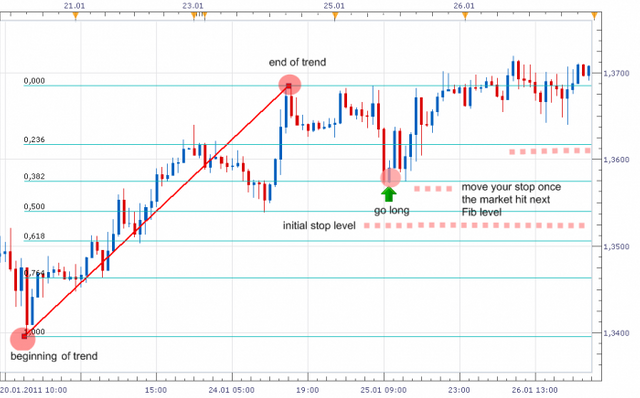
So how useful are Fib lines and technical analysis? Some traders swear by them; some say they have no predictive ability. Still, Fib lines on charts tend to align with swing points in pricing (the key is knowing where to place those 0% and 100% lines). They clearly have value, as well as limitations. These numbers represent a force of nature that is so deeply a part of us that we don't even consciously recognize their role in our lives and our thoughts.
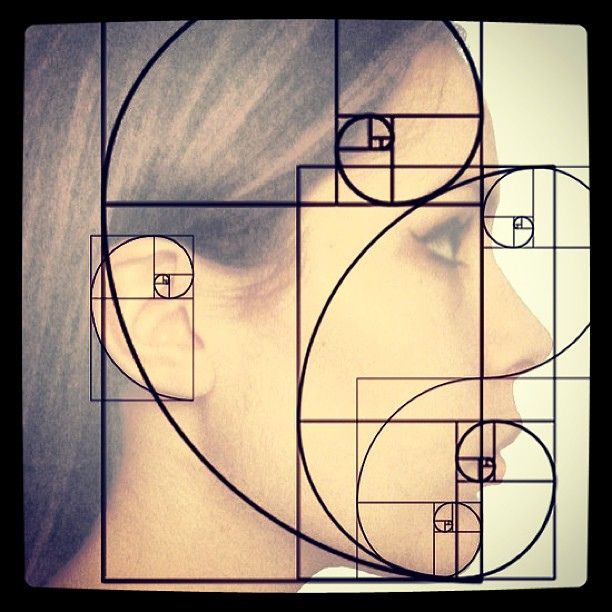
The core idea with technical analysis begins to border on the metaphysical. The Golden Spiral is so much a part of us that it influences everything from our cellular growth to the path that we take as we ride this planet through the depths of space. Is it so hard to believe that it influences other parts of our behavior? That market movements could be influenced by them as well?
After all, what could be more natural?
If you want to read more about the predictive usage of Fibonacci numbers and the Golden Ratio in technical analysis, check out this report from the Bond University business school in Australia.
More on this topic coming up!
Please Upvote, Follow, and Resteem if you liked this article.
Thanks!

came for the laughs, stayed for the knowledge. Thanks
Downvoting a post can decrease pending rewards and make it less visible. Common reasons:
Submit
Downvoting a post can decrease pending rewards and make it less visible. Common reasons:
Submit